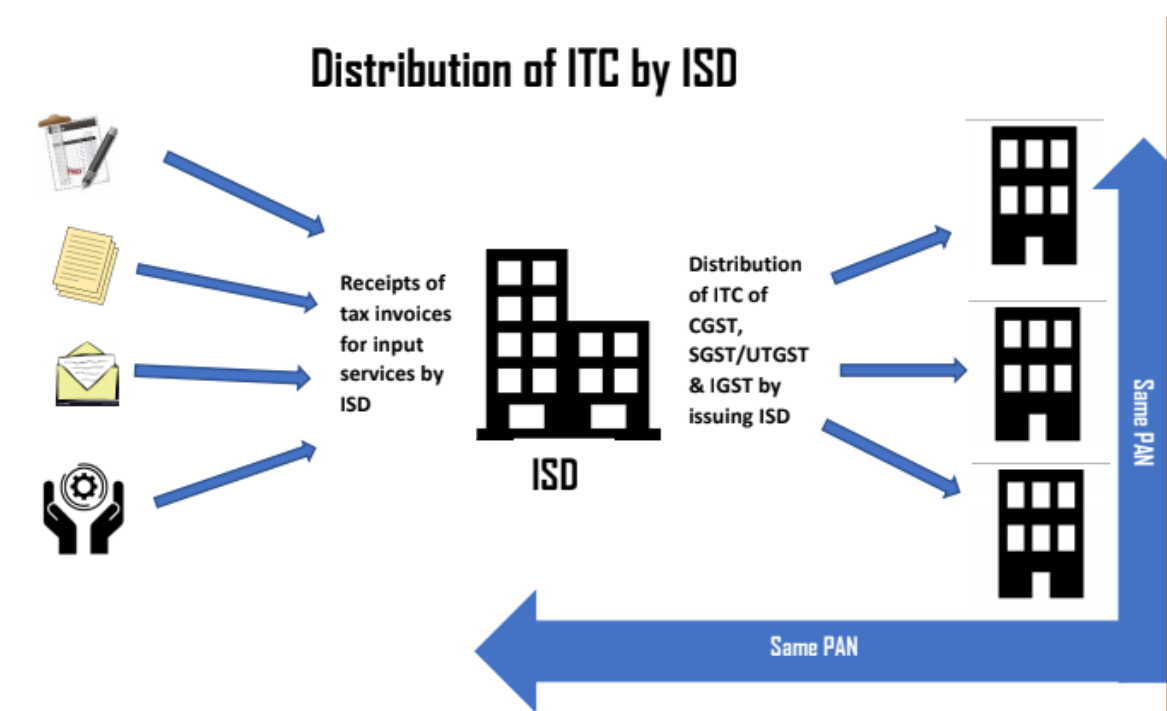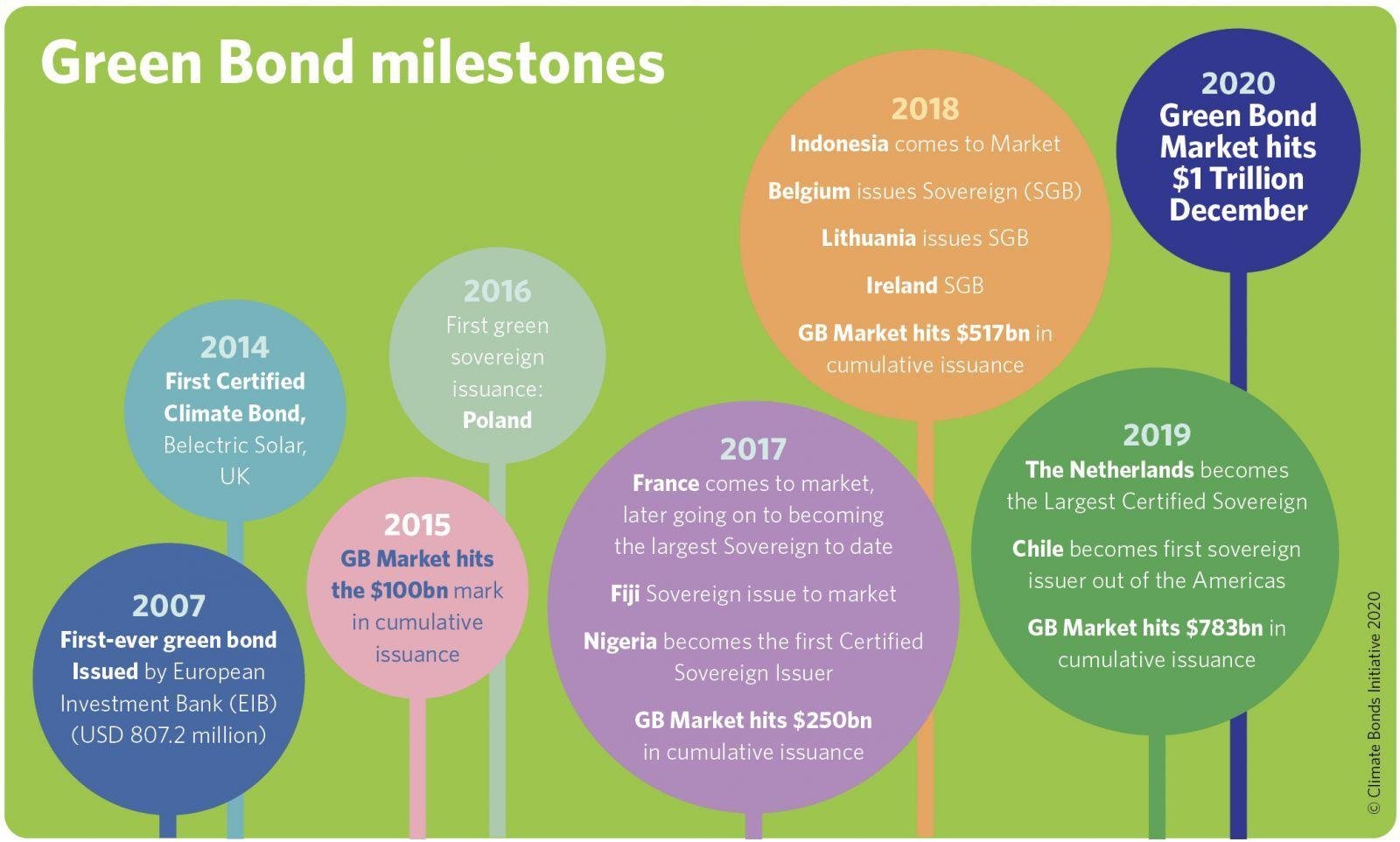
Need for Regulating AI
Subscribers of "Current Affairs" course can Download Daily Current Affairs in PDF/DOC
Subscribe to Never Miss an Important Update! Assured Discounts on New Products!
Must Join PMF IAS Telegram Channel & PMF IAS History Telegram Channel
- Context (IE): The lack of a unified global framework for overseeing AI, coupled with the absence of national-level regulatory measures, poses a significant risk to national security and sovereignty.
- I, Robot, a collection of nine short stories by science-fiction writer Isaac Asimov, also underscores the same issue.
- The book examines the moral and ethical issues related to robotics and artificial intelligence.
- The book highlights the importance of ethical standards and security measures in AI development.
Characteristics of AI posing challenges
- Algorithms used in AI are devoid of national allegiance or moral judgment.
- The borderless nature of AI.
- Lethal Autonomous Weapons Systems (LAWS) can act independently.
- AI systems might get hacked, causing big problems.
- AI can act unpredictably.
- AI can do advanced cyberattacks.
Why AI is a threat to National Security?
AI is changing the idea of sovereignty
- Traditional laws don’t control new digital spaces created by AI.
- This shift affects how countries handle their digital areas and AI.
- Nations with less AI development might depend on advanced ones, risking control in areas like defence and healthcare.
- Also, power is moving from countries to private tech and individuals in these digital spaces, challenging state authority and potentially changing global politics.
AI can impact democracy
- Foreign powers can use AI to manipulate information and influence public opinion.
- It has the potential to generate large-scale disinformation, triggering tensions and electoral conflicts.
- Foreign powers can use AI for sophisticated influence campaigns, making divisions worse and weakening democratic systems.
- It could be misused by authoritarian regimes, terrorists, and organised crime groups, causing significant harm.
Threats due to Lethal Autonomous Weapons Systems (LAWS)
- Equipped with advanced AI, these systems (LAWS) can act independently, potentially leading to unintended conflicts and targeting errors.
- There’s a risk of hacking or malfunctions, causing catastrophic incidents.
- Ethically, the use of LAWS challenges humanitarian principles by lacking human oversight.
- The reliance on algorithms may risk civilian lives and violate international norms.
- The proliferation of LAWS could trigger an arms race, increasing warfare accessibility and undermining global peace.
- Lack of regulation allows non-state actors to use these systems for terrorism or insurgency.
AI’s potential for sophisticated cyberattacks poses a direct threat to national security
- AI-powered methods like advanced persistent threats and spear phishing can disrupt critical infrastructures, risking the stability and functioning of a state.
- These disruptions not only pose immediate security risks but also threaten the economic and social well-being of nations.
- The challenges extend beyond physical borders, as cyberattacks can originate from anywhere, making it challenging to safeguard national interests.
Way forward
- There is an urgent need for a strong global AI governance body to ensure its developments benefit humanity.
- Additionally, it is crucial to develop and update national regulations specifically addressing AI’s unique threats to sovereignty and national security.
- Nations need to reassess their cybersecurity strategies and invest in advanced defences to safeguard against AI-enhanced threats.





![PMF IAS Environment for UPSC 2022-23 [paperback] PMF IAS [Nov 30, 2021]…](https://pmfias.b-cdn.net/wp-content/uploads/2024/04/pmfiasenvironmentforupsc2022-23paperbackpmfiasnov302021.jpg)











